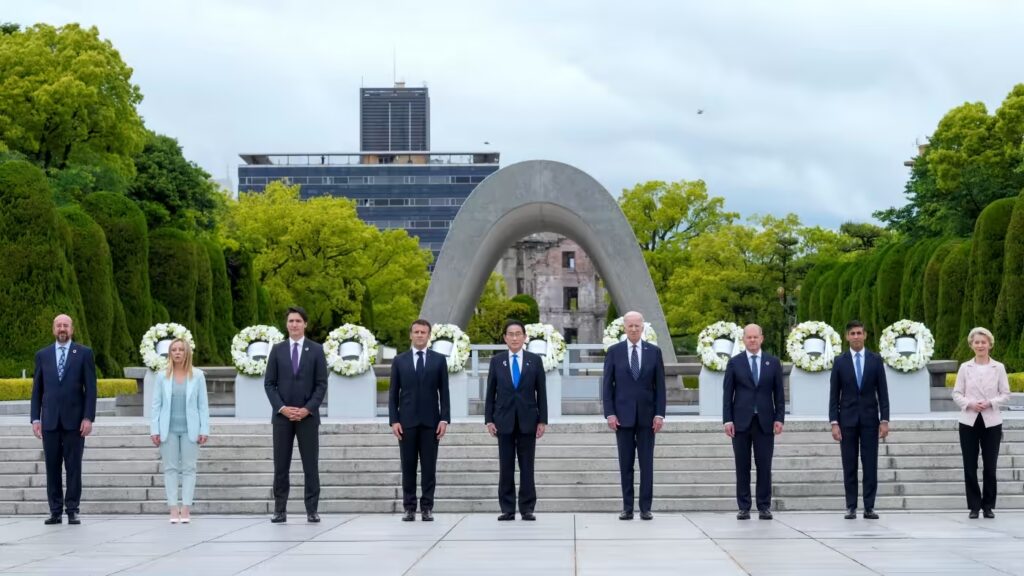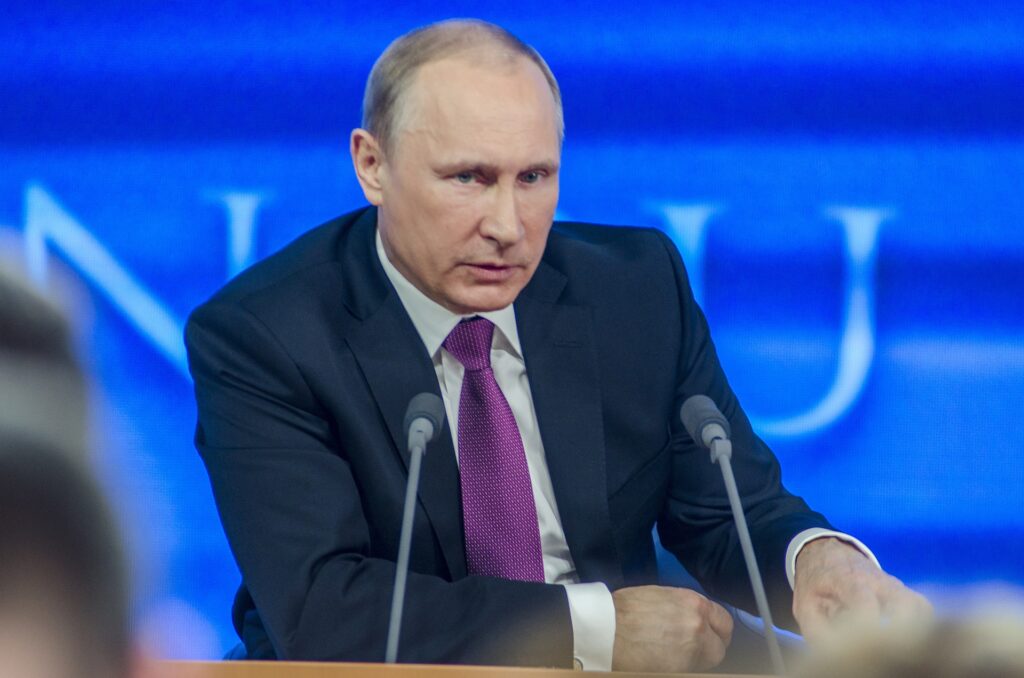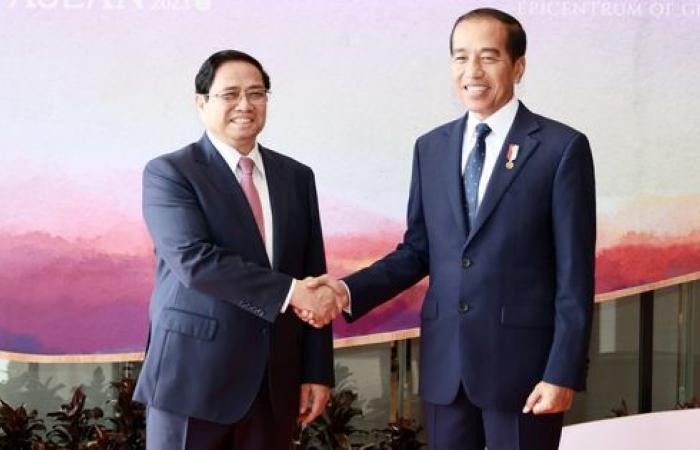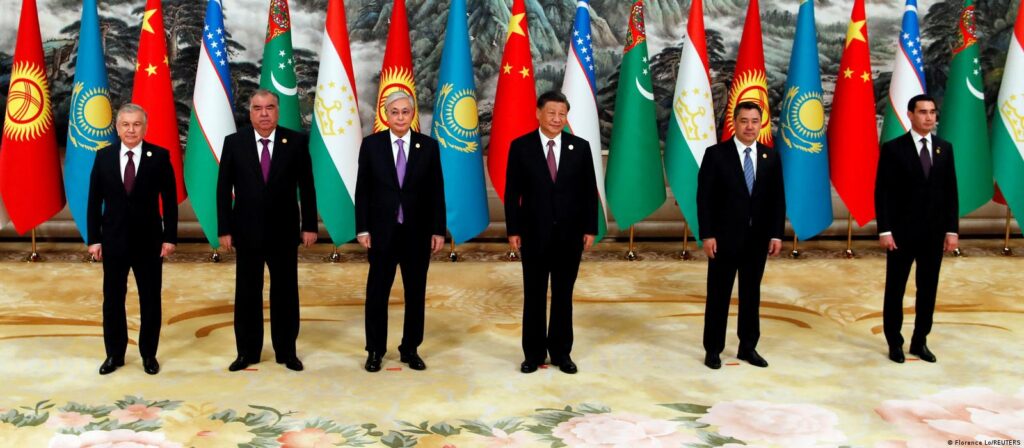
HIROSHIMA, Honshu – The leaders of the seven most advanced economies, The US, UK, Canada, European Union, France, Germany, Italy, and Japan, are currently gathering in Hiroshima between May 19 to 21 for an informal grouping popularly known as the ‘Group of Seven’ (G7) Summit. All leaders were greeted by Japan’s PM Fumio Kishida in a ceremony to honor the fallen citizens from the Atomic bombing at the Hiroshima Memorial Peace Park. Kishida has openly declared his intention to use the forum in reminding nations of the danger of nuclear weapons and encouraging all states to abandon these warheads. It is also expected that the Ukrainian War would be much of a debate since President Volodymir Zelensky said he will attend the conference in person.
Russia used to be incorporated in this grouping when it was still known as G8 however, its membership got suspended when President Vladimir Putin decided to annex Crimea from Ukraine in 2014 and subsequently, the group was changed to G7. Following the grueling war in Ukraine, Russia unilaterally suspended its participation in the “New START” treaties that govern the nuclear armaments control between the US and Russia and oblige both countries to communicate and inspect each other’s nuclear arsenal. Hence, the topic that Kishida brings reverberated clearly with the upward trend of mistrust among countries and putting the world to a new low of global peace since the end of the Cold War.

Japan, as a host nation, invited 8 other global leaders with two who are members of ASEAN. President Joko Widodo represents Indonesia as the Chairman of ASEAN 2023 as well as Prime Minister Pham Minh Chinh leading the delegate of Vietnam as an individual nation. By the time this article was drafted, both leaders had arrived in Hiroshima and were greeted by Japanese officials. The remaining 6 guests are India, South Korea, Australia, Brazil, Comoros, and Cook Island, with the latter three representing other regional groupings.

Widodo, who often goes by ‘Jokowi’, stated that Indonesia will bring the results of the ASEAN 2023 Summit in Labuan Bajo, held just 10 days prior, which shed a spotlight on the current Myanmar military conflict and to claim more attention towards developing countries as bringing ‘the voices of the global south’. He also supports Japan’s stance on denuclearization while mentioning nuclear weapons as a threat to international peace and therefore must be abolished.
Vietnam, on the contrary, comes with pride as it is invited on behalf of its own country with Chinh planning to attend three sessions on the climate crisis, sustainable planet, and the ‘2P+1S’ of a peaceful, prosperous, and stable world. The invitation also marks the 50th anniversary of Japan-Vietnam relations that seek to increase business agreements and expand foreign investments and developmental policies like the ‘New Green ODA’ and infrastructure projects. Additionally, Vietnam, which had been much reliant on China, grew sour over the recent years with its northern neighbor due to the maritime dispute over the South China Sea.

ASEAN will play a major role to represent the growing economies of developing countries that have taken more shares of the world’s development. By having two of its members present at the highest informal club of states, Indonesia and Vietnam need to prioritize stronger ties between Southeast Asian nations while also curbing China’s economic and security incursions following ASEAN’s Outlook on the Indo-Pacific. G7 leaders have agreed to use the platform to deal with “China’s economic coercion” and to sway the global south away from China in an attempt to maintain stability over the Asia Pacific region.

The waning economic power of G7 countries from dominating half of the global wealth in 1990 down to around 30% this year meant that pleading to the developing nations to enlarge their trade partnerships is necessary. ASEAN should utilize its relatively big economic power, the EU’s third and the US’ fourth largest trading partner with $3 Trillion of GDP just from 10 member states, to seek more prominence in global governance. ASEAN also serves as an alternative to diversify the global supply chain and to decrease China’s dominance in the market, thus putting it in the spotlight over the global showdown in Hiroshima today.